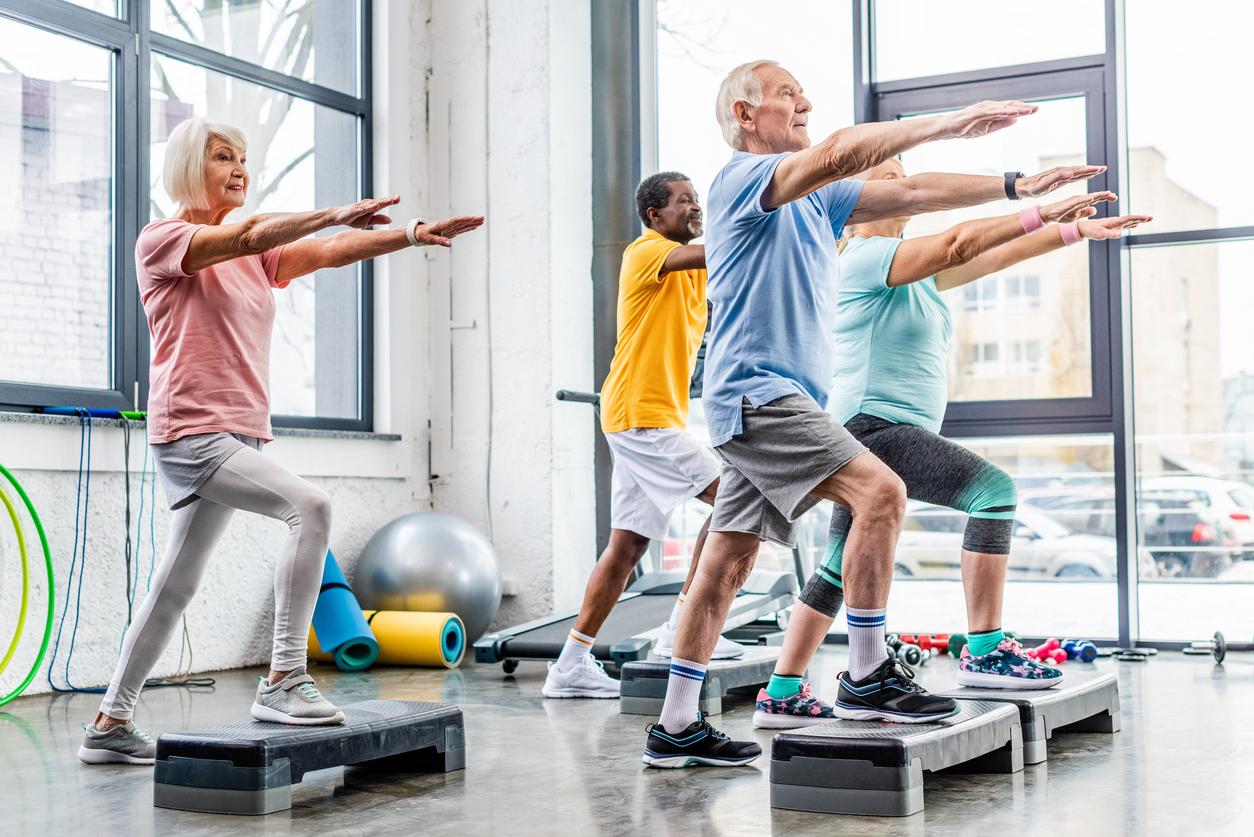American researchers recommend specific types of sports activities to maximize the chances of recovery for people with colon cancer.

- In France, colorectal cancer is one of the most frequent cancers and represents the 2 nd cause of cancer death in men and the 3 rd in women.
- A third of colon cancer patients experience a relapse of the cancer, which is often incurable.
The most effective type of physical activity to achieve the goal of staying alive and free of colon cancer: this is the important discovery made by researchers at the Pennington Biomedical Research Center in Louisiana in the United States.
most useful
Current clinical guidelines encourage patients to simply avoid inactivity but do not tell them which sports activity is most helpful to maximize the chances of recovery.
After studying and comparing the effects of light and moderate physical activity, vigorous aerobic activity, brisk walking and muscle-strengthening exercises, scientists can now provide oncologists and their patients with specific information.
Their work, conducted over six years on 1,696 patients who underwent surgery and chemotherapy to treat stage III colon cancer, was published in the Journal of Clinical Oncology. “We found that higher volumes of recreational physical activity, longer durations of light-to-moderate intensity aerobic physical activity, or any vigorous-intensity aerobic physical activity were associated with the best odds of staying alive and cancer-free..” said director of the Pennington Biomedical Cancer Metabolism Program, Justin Brown, PhD, who led the study.
disease-free survival
During follow-up, 457 of 1,696 patients experienced disease recurrence or died. In detail, which can be found in the study, for muscle strengthening activity, the 3-year disease-free survival (DFS) was 81.8% and for brisk walking it was 81, 7%. For vigorous-intensity activities, the DFS at 3 years was 76.0% and for light-to-moderate activities, it was 65.7% at 3 years.
General well-being
The authors insist on the fact that patients must take the recommendations into account, but first identify a physical activity that they enjoy in order to be able to stick to it over time.
“We know that healthy lifestyle habits can make a difference in the overall well-being of cancer survivors. This cutting-edge research project provides patients with very specific recommendations on how they can regain some control over a disease that often seems overwhelming“said Pennington Biomedical Executive Director, Professor John Kirwan.


















